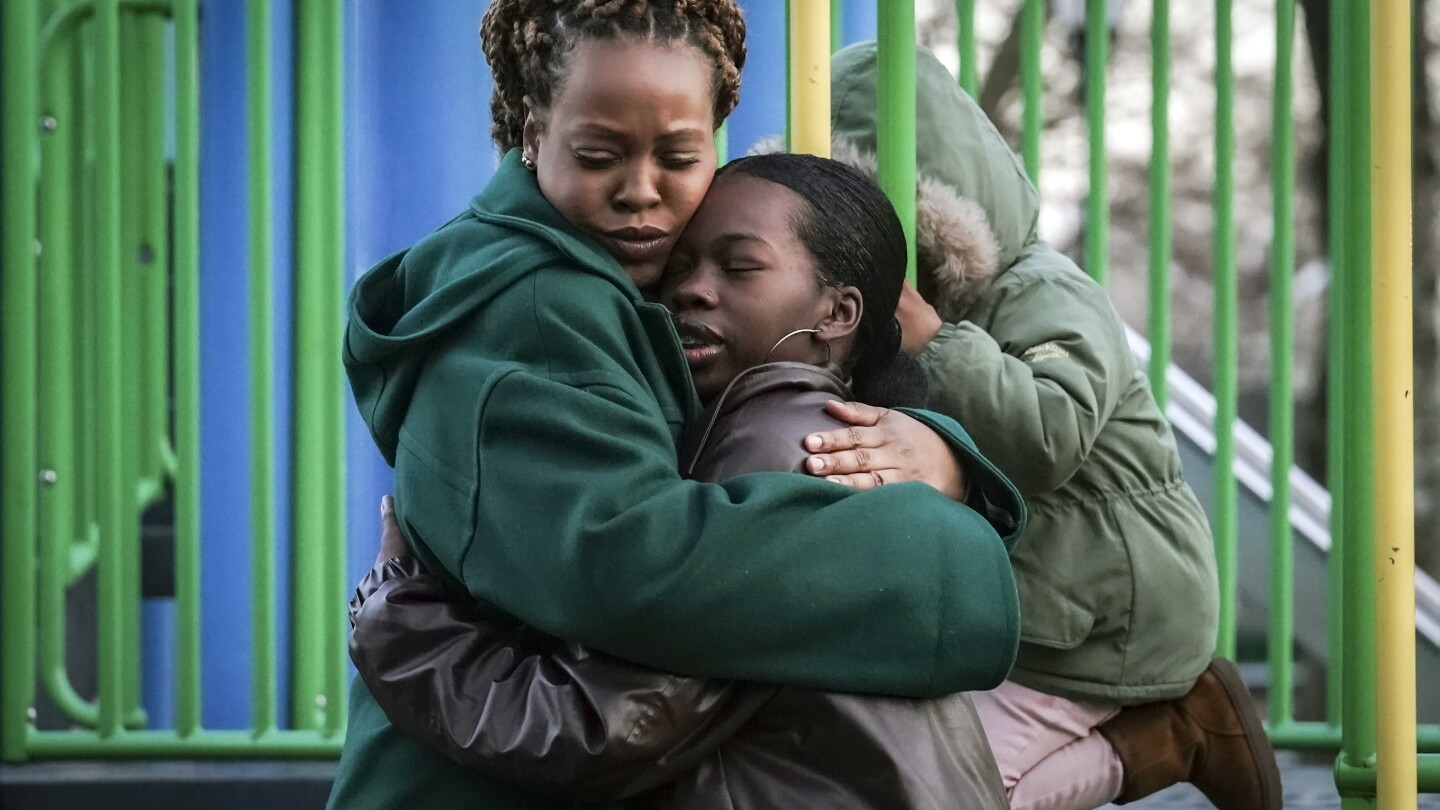Derry Oliver was in fifth grade when she first talked to her mom about seeing a therapist.
She was living in Georgia with her brother while her mom was in New York scoping out jobs and apartments ahead of moving the family. It was a rough year apart. Oliver, now 17, was feeling depressed. A school staffer raised the idea of a therapist.
Oliver’s mom, also named Derry Oliver, questioned the school’s assessment and didn’t give consent for therapy. “You’re so young,” the mom recalled thinking. “There’s nothing wrong with you. These are growing pains.”
The issue boiled over again during the COVID-19 pandemic when the younger Oliver, struggling with the isolation of remote learning, reached out to her Brooklyn high school for help. School-based mental health professionals like social workers can provide some counseling without parent permission. But in New York, referring a student to more intensive therapy almost always requires a parent’s agreement. In Oliver’s case, that led to more conflict.
…
As schools across the country respond to a youth mental health crisis accelerated by the pandemic, many are confronting the thorny legal, ethical, and practical challenges of getting parents on board with treatment. The issue has become politicized, with some states looking to streamline access as conservative politicians elsewhere propose further restrictions, accusing schools of trying to indoctrinate students and cut out parents.
Differing perspectives on mental health aren’t new for parents and kids, but more conflicts are emerging as young people get more comfortable talking openly about mental health and treatment becomes more readily available. Schools have invested pandemic relief money in hiring more mental health specialists as well as telehealth and online counseling to reach as many students as possible.



This is not that unexpected of a response. People like to say things like therapy for kids “isn’t needed” but what they really mean is “I don’t want my kid to see a therapist because a therapist is going to blame me for everything”
people also have a weird aversion to it. I have a friend struggling to have a baby who is suffering deeply due to two miscarriages — won’t do anything about their mental health despite sending me messages at 4am about how they’re drowning in grief.
I always thought the aversion was the cost of therapy combined with zero guarantees of being ‘better’ after
I think that’s my personal hold up; I got as far as a free consultation. After seeing the benefits of hiring a dietician to help manage my energy levels, I’m less reluctant because (shockingly) people who do things professionally actually know their stuff.
Therapy is self driven from my experience, so unless your ready to come with receipts and do your homework, there will be little value.
Human fertility is the best argument us atheists have that there is no one managing the universe. Perfectly wonderful couples slowly going insane trying to have a child and people who should never ever even think about having kids have 7 of them.
I am a parent. At least if the therapist is blaming me for everything it is a fixable problem. I can change my behavior.
You are a vanishingly small minority methinks.
I am a parent too. I have reservations because I don’t want my kid to feel like he’s special for the wrong reasons. Like he has something wrong with him that the other kids don’t have. Because when we were considering it, he was having outbursts that were concerning.
He has stopped having those and the ex left the abusive ex boyfriend that caused his outbursts (color me shocked). I still have concerns with the counselor being how they were being towards me, the father. But whatever. My kid knows what’s up.